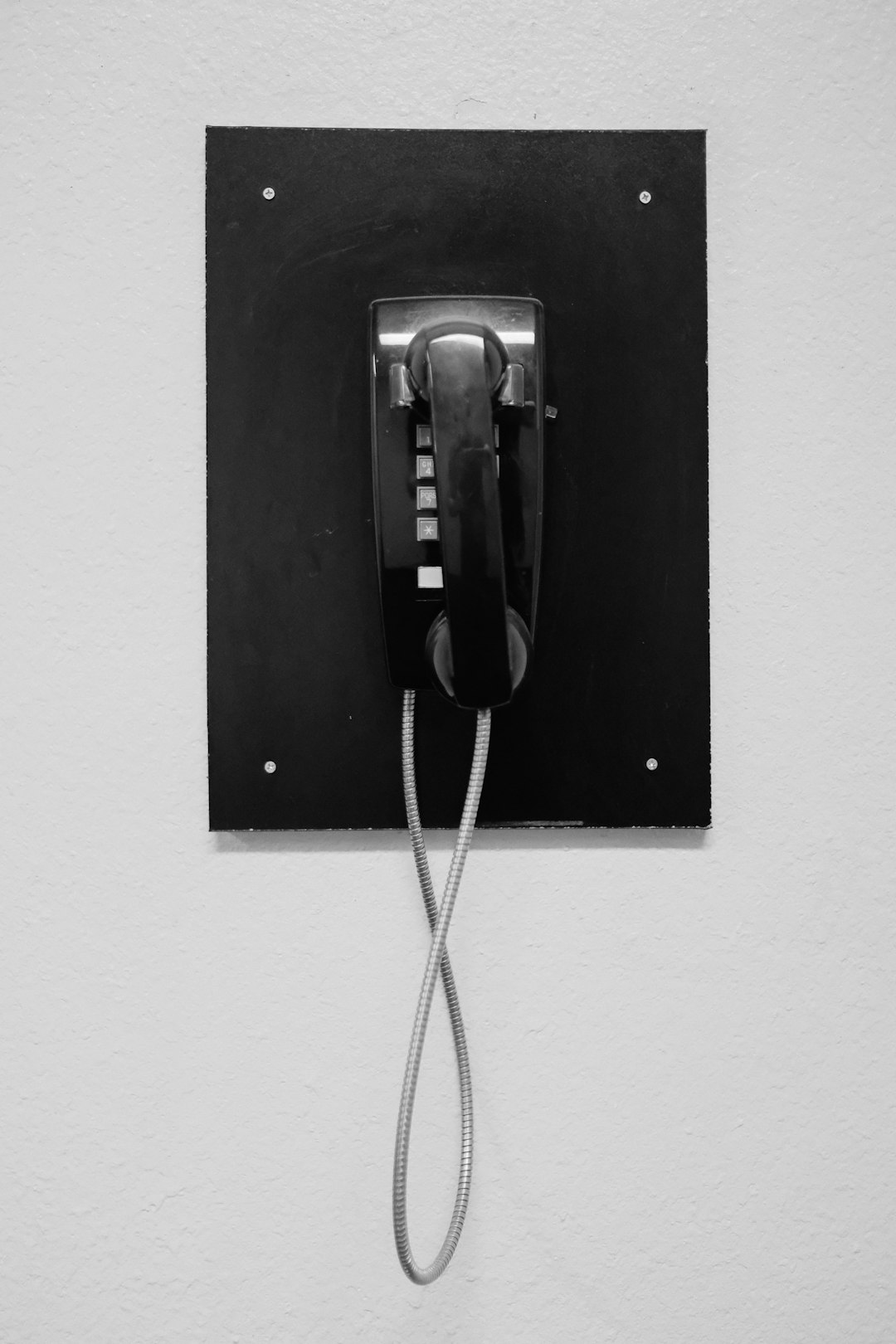Call spoofing, where spammers alter phone numbers to appear as trusted sources, poses significant privacy risks and legal issues under Nevada's strict spam call laws. Malicious actors use VoIP or hijack legitimate lines to bypass caller ID systems. Identifying and combating call spoofing is crucial for consumer protection and compliance with local anti-spam legislation, requiring the assistance of a Spam Call law firm Nevada. Law firms found guilty of call spoofing face severe legal consequences, including fines and reputational damage. Las Vegas has seen an increase in violations, with spammers impersonating hospitals or tech support services. Multi-pronged strategies, including verification processes, collaboration between stakeholders, and public education, are tackling this issue effectively.
“In the bustling metropolis of Las Vegas, where legal battles are as intense as the city’s lights, a silent but pervasive issue lurks: call spoofing. This insidious practice, involving the manipulation of caller ID data to deceive recipients, has led to widespread violations and sparked concern among Nevadans. With strict spam call laws in place, this article delves into the complex world of call spoofing, exploring its definition, legal repercussions for law firms, real-world cases, and effective strategies to combat this growing menace.”
Understanding Call Spoofing: Definition and Techniques

Call spoofing is a deceptive practice that involves manipulating phone numbers displayed on a caller’s ID to appear as a legitimate, trusted source. This technique is often employed by spammers and scammers to trick individuals into answering their calls, which can lead to violations of privacy and even legal issues under Nevada’s strict spam call laws. By spoofing numbers, these malicious actors attempt to bypass caller identification systems and make it seem like the call is coming from a known or trusted entity.
There are several techniques used in call spoofing. One common method is using Voice over Internet Protocol (VoIP) services to mask or alter the original number. Spammers can rent virtual phone numbers, often from overseas locations, and use them to make spam calls en masse. Another tactic involves hijacking legitimate business or government lines, changing the number associated with the account, and using it for fraudulent activities. Identifying and combating call spoofing is crucial in safeguarding consumers and ensuring compliance with Nevada’s anti-spam legislation.
Nevada's Spam Call Laws: A Comprehensive Overview

In Nevada, the fight against spam calls has taken center stage due to the state’s stringent Spam Call Laws. These laws are designed to protect residents from unwanted and deceptive telephone marketing practices. A prominent aspect of this legislation is the restriction on call spoofing, where a caller’s identity is falsified to appear as a local number. Nevada’s approach is comprehensive, aiming to reduce consumer frustration and ensure transparency in communications.
The state’s Spam Call law firm plays a pivotal role in enforcing these regulations. They investigate complaints related to spam calls, including instances of call spoofing, and take appropriate legal action against violators. By holding offenders accountable, the firm contributes to maintaining a quieter and more secure communication environment for Nevadans. This proactive measure reflects Nevada’s commitment to addressing modern-day communication challenges and empowering residents to reclaim control over their phone lines.
Legal Implications for Law Firms Engaged in Spoofing

Law firms found guilty of call spoofing in Las Vegas, or anywhere in Nevada, can face significant legal repercussions. The state has strict regulations against deceptive practices, including making false or misleading calls that violate consumer privacy. Such actions can result in substantial fines and damage to the firm’s reputation.
In addition to financial penalties, law firms engaging in spoofing may be subject to lawsuits filed by affected individuals or groups. These legal implications underscore the importance of ethical marketing strategies and adherence to telecommunications laws, particularly when using automated dialing systems or other technologies that can facilitate call spoofing.
Real-World Examples of Call Spoofing Violations in Las Vegas

In recent years, Las Vegas has witnessed a surge in call spoofing violations, highlighting the pervasive issue of fraudulent phone calls targeting residents and businesses alike. These incidents often involve spammers using sophisticated technology to mimic legitimate sources, deceiving recipients into answering or engaging. For instance, a law firm in Nevada was recently fined for making spoofed calls that appeared to originate from a local hospital, misleading individuals into providing sensitive personal information under the false pretense of an urgent matter.
Another notable case involved a spam call center operating under the guise of a popular tech support service. These operators would call Las Vegas residents, claiming they had won a prize and needed to verify their identity by revealing financial details. Many fell victim, resulting in significant financial losses for both individuals and families. Such real-world examples underscore the need for stricter enforcement of the Spam Call law firm regulations in Nevada to protect citizens from these deceptive practices.
Strategies to Combat and Prevent Call Spoofing Abuse

Call spoofing, a deceptive practice that has plagued communication systems, has led to widespread frustration and legal violations, especially in Las Vegas where consumer protection laws are stringent. To combat this growing issue, several strategies have emerged as effective countermeasures against call spoofing abuse. One of the primary approaches involves implementing robust verification processes. By requiring multiple forms of identification during call setup, such as unique PINs or biometric authentication, service providers can significantly reduce the likelihood of successful spoofing attempts.
Additionally, collaboration between telecom companies, law enforcement agencies, and reputable spam call law firms in Nevada has proven instrumental. Sharing data and resources enables them to identify patterns, track down perpetrators, and hold them accountable under the existing Spam Call laws. Educating the public about call spoofing is another powerful strategy. Awareness campaigns can empower individuals to recognize suspicious calls, report them promptly, and take proactive measures to protect their personal information, thus creating a collective defense against this modern-day communication menace.






